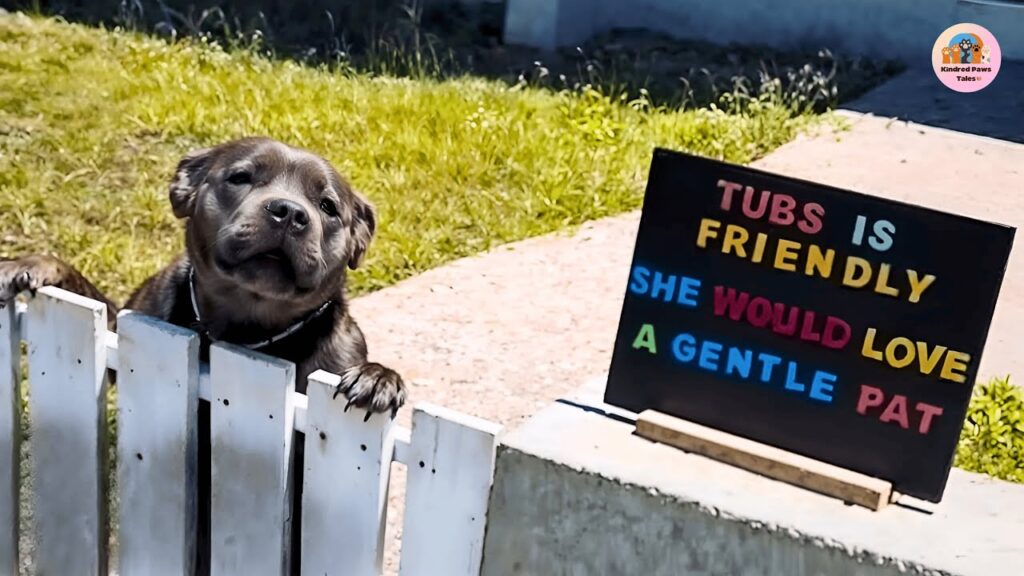
When Luna, a stocky gray-and-white pit bull, first arrived in the neighborhood, people were nervous. With her muscular build, intense eyes, and naturally serious expression, she quickly gained a reputation—one she hadn’t earned. Some parents pulled their children closer when she walked by, and a few neighbors even crossed the street to avoid her. It wasn’t that Luna had done anything wrong; it was simply the breed stereotype that followed her like a shadow.
Her owner, Mia, had adopted Luna from a local rescue center after the dog had spent nearly a year waiting for someone to give her a chance. “When I met her, I knew she was special,” Mia said. “She came right up to me, leaned into my lap, and looked at me like we had always known each other.” But even Mia knew she would face some resistance bringing Luna home.
That resistance came fast. Within the first week, a neighbor left a note on Mia’s door expressing concern about “a dangerous dog” in the area. Another neighbor posted in a local Facebook group, warning others to “watch their kids” around the new pit bull. Mia was heartbroken—not just for herself, but for Luna, who was the gentlest dog she had ever met.
Still, Mia was determined to change hearts and minds. She took Luna on daily walks, always with a smile and a friendly wave to anyone who looked her way. Slowly, Luna began winning people over—not with words, but with kindness. She’d sit patiently as children asked to pet her, wagging her tail with genuine delight. Elderly neighbors found comfort in her calm presence. One woman, Mrs. Jenkins, who lived down the street and used a walker, became Luna’s favorite stop. Every day, Luna would pause at her gate, waiting for a soft pat on the head and a treat.
It wasn’t long before Luna’s reputation began to shift. The same people who once avoided her started calling her by name. Children asked their parents if they could play with her. She even got invited to the neighborhood block party, where she wore a flower crown and happily accepted belly rubs from just about everyone.
What truly sealed the community’s change of heart was one unexpected moment. One afternoon, a young boy named Toby slipped off his bike and scraped his knee badly. He started crying on the sidewalk, scared and alone. Luna, walking by with Mia, immediately pulled toward him. Without hesitation, she gently nudged his arm with her nose, then sat beside him until his mom came rushing over. “It was like she knew he needed comfort,” Toby’s mom said later. “She didn’t bark or jump—she just stayed with him. That’s when I saw who she really was.”
From that day forward, Luna wasn’t just accepted—she was loved. People began to see her not as a “pit bull,” but as Luna, the sweet, loyal, and deeply affectionate dog who happened to have a big heart behind her big muscles.
Mia says the transformation in the neighborhood was slow but deeply meaningful. “Luna didn’t change,” she explained. “People just took the time to see her for who she really is.”
Today, Luna is something of a local celebrity. She’s the unofficial “mayor” of the block, a guest of honor at park picnics, and a therapy dog in training. More than that, she’s a reminder that appearances can be misleading—but love and patience can reveal the truth.
And for one dog once feared for her looks, that truth turned out to be something beautiful.


